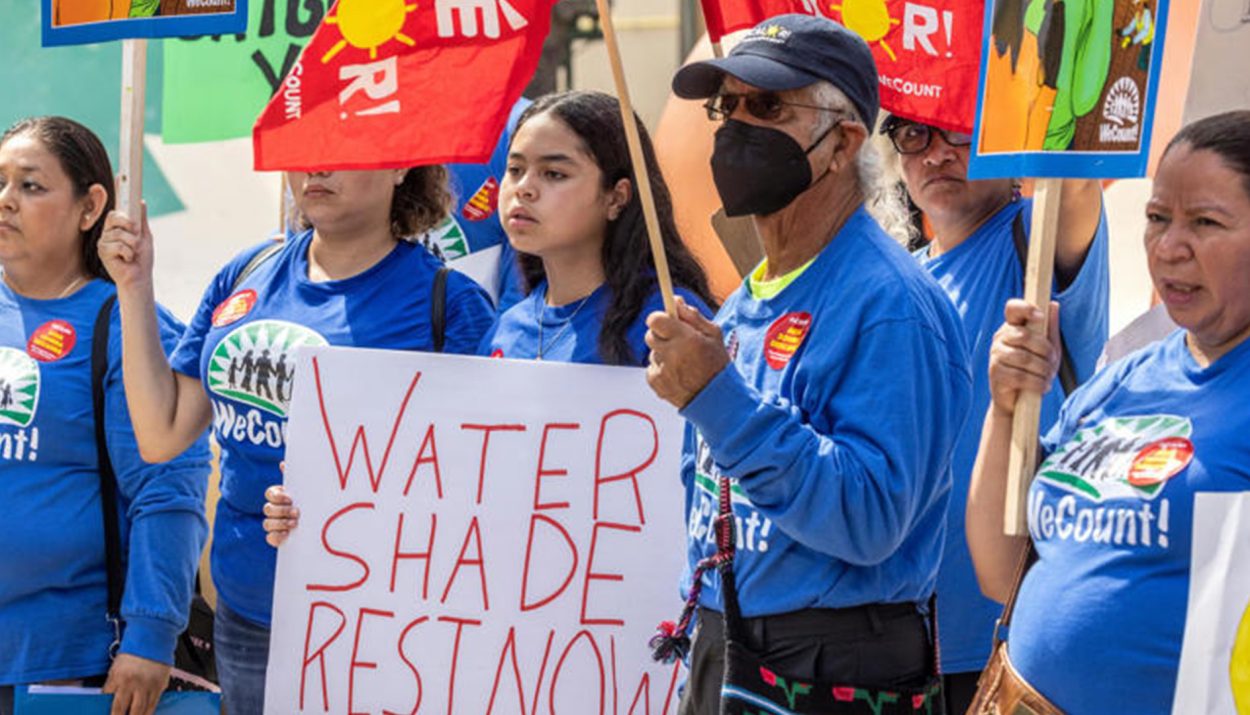Florida’s heat is no joke – anyone who has spent a summer there knows. But, extreme heat poses a serious health risk for the estimated 300,000 people working outdoors in the state.
Farmworkers, construction crews, landscapers, and more spend hours under that relentless sun daily. Local governments tried passing laws so employers would provide more water, rest, and shade. But the state just passed a bill restricting those local protections.
New Florida Law Restricts Local Heat Protections for Outdoor Workers
The new law prevents cities and counties across Florida from passing their heat safety standards for outdoor workers.
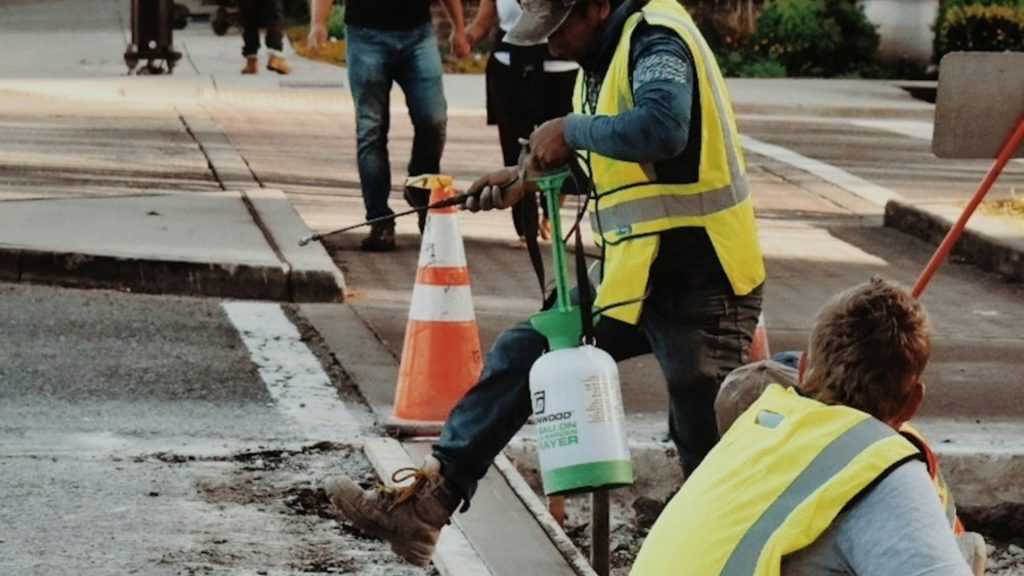
Local governments can no longer require employers to provide adequate water, rest, and shade for workers exposed to extreme heat and humidity.
Critics Argue The Law Puts Profits Over Workers’ Lives
Advocates for outdoor workers decried the move. “This legislation is cruel,” said Oscar Londono of the worker advocacy group WeCount!

“It is a bad faith attempt to keep labor conditions very low for some of the most vulnerable workers.” Given rising temperatures, heat-related illnesses and deaths are increasing dangers. Yet the law strips away basic safeguards that could help prevent them.
The Legislation Particularly Impacts Immigrant And Minority Workers
Many of Florida’s 300,000 outdoor workers are immigrants and people of color. Sandra Ascencio, an immigrant from El Salvador, suffered heat stroke while picking tomatoes in 2018. “
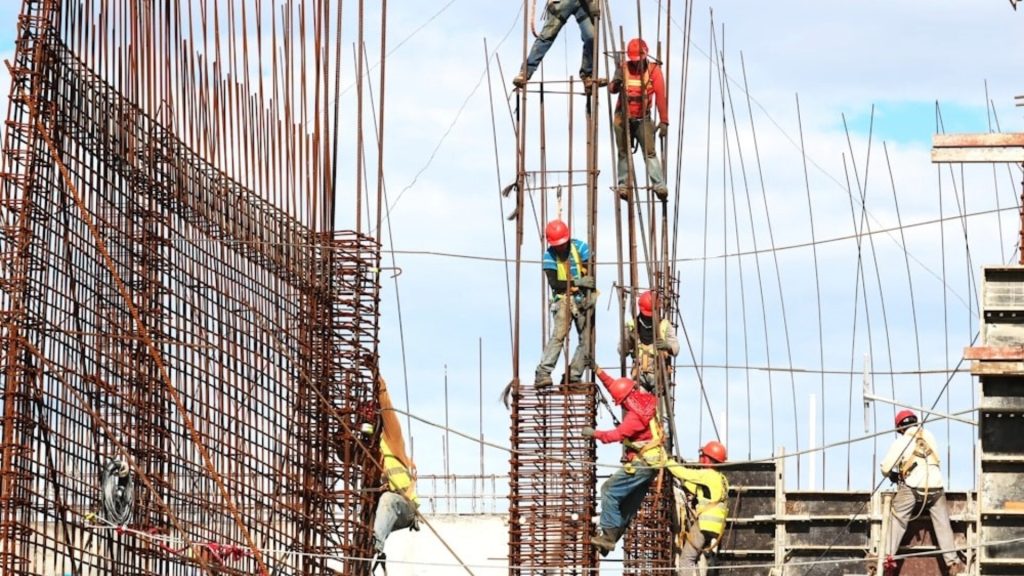
Once you experience heat stroke, your body is already damaged,” she said. “Every single time you step into the heat, your body reacts because it feels like it will happen to you again.”
Lack of Federal Standards
There are currently no federal standards in place to protect outdoor workers from heat and humidity. This leaves many vulnerable to heat-related illnesses and even death.
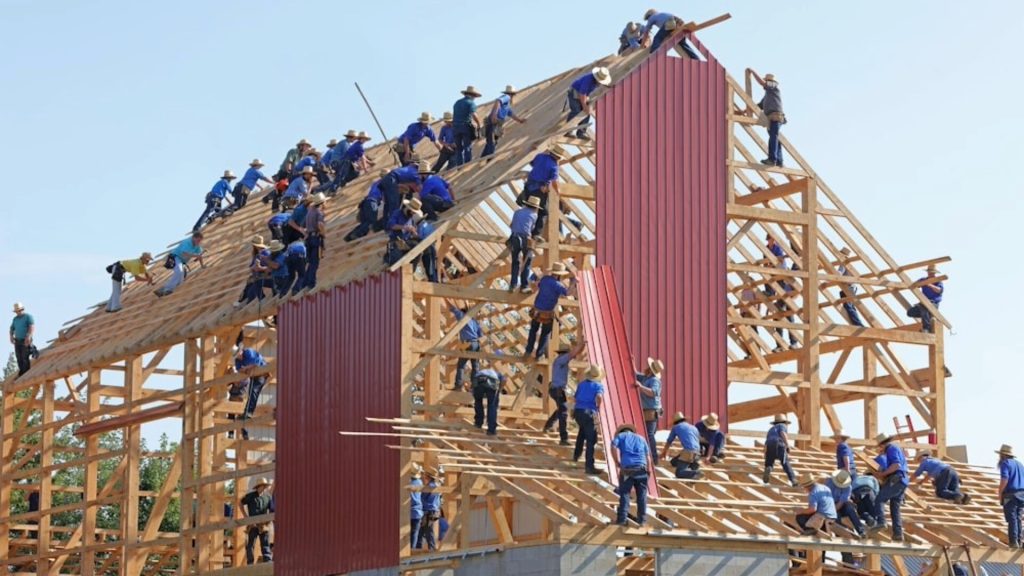
Local governments have aimed to pass their regulations ensuring water breaks, rest periods, and access to shade for outdoor workers.
Hypocrisy in New Legislation
Critics argue that new legislation preventing local governments from enacting heat protections is hypocritical. In 2020, Florida passed a law protecting student-athletes from heat stroke following the death of a high school football player.

However, the state legislature rejected measures to provide similar safeguards for the 300,000 outdoor workers in Miami-Dade County alone.
Heat Stroke Signs
Heat stroke is a life-threatening medical emergency that occurs when the body overheats. According to the CDC, heat stroke killed 708 people in the US from 2004 to 2018.
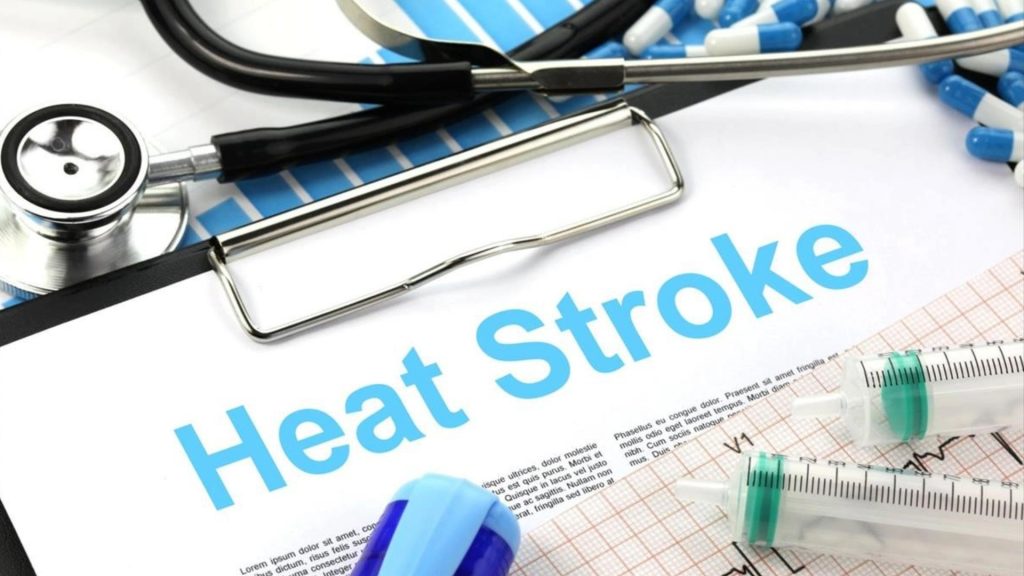
When heat stroke happens, the body’s temperature control system stops working, and the internal temperature rises to dangerous levels.
Heat Exhaustion Signs
Heat exhaustion is caused by exposure to high temperatures and humidity, resulting in dehydration. It can develop rapidly, especially for those doing strenuous activity in hot weather.

Signs of heat exhaustion include heavy sweating, rapid pulse, fatigue, dizziness, nausea, clammy skin, and normal or slightly high body temperature.
Heat Cramps Signs
Heat cramps are painful muscle spasms caused by sweating, dehydration, and electrolyte imbalance. They usually affect the legs, abdomen, or back.
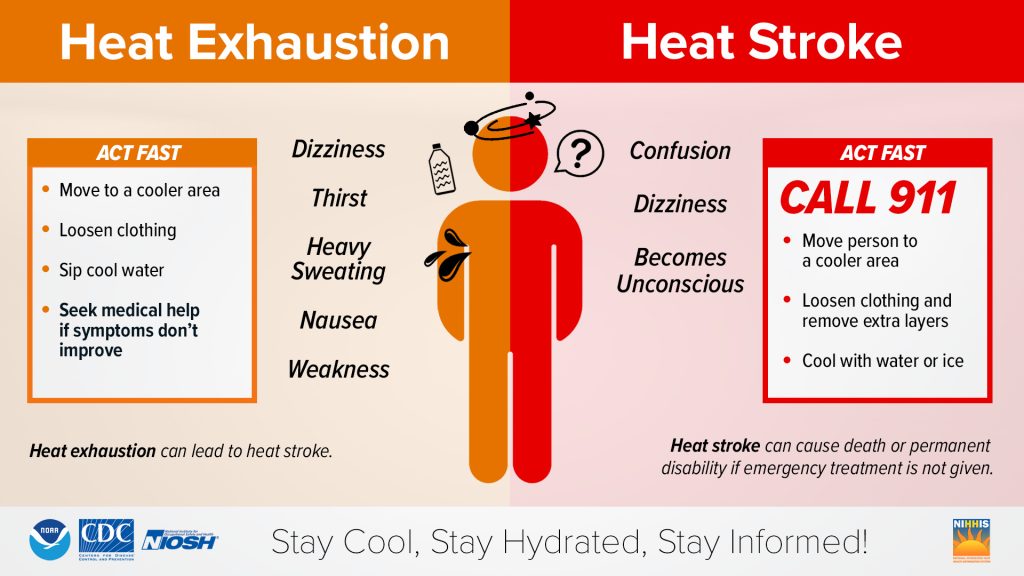
To relieve heat cramps, rest in a cool place, drink water or sports drinks, and gently stretch and massage the cramped muscles. Seek medical help if cramps don’t improve or are accompanied by other symptoms.
OSHA Standards for Water, Rest, and Shade
To protect outdoor workers from heat-related illnesses and fatalities, the Occupational Safety and Health Administration (OSHA) has set guidelines for providing water, rest, and shade.

OSHA standards require employers to provide workers with potable drinking water that is suitably cool and in sufficient amounts, given the heat conditions.
Legal Protections for Workers Vary by State
Outdoor workers in Florida will have limited protections against extreme heat and humidity following the passage of Senate Bill 433. The new law prevents cities and counties from enacting their own worker heat safety standards.

Instead, the state will rely on federal OSHA guidelines, which only require employers to provide workplaces “free from recognized hazards.”
Tips for Employers to Keep Workers Safe in the Heat
With extreme heat on the rise, employers must take proactive steps to protect outdoor workers. Providing adequate hydration, rest, and shade can help prevent heat-related illness and save lives.
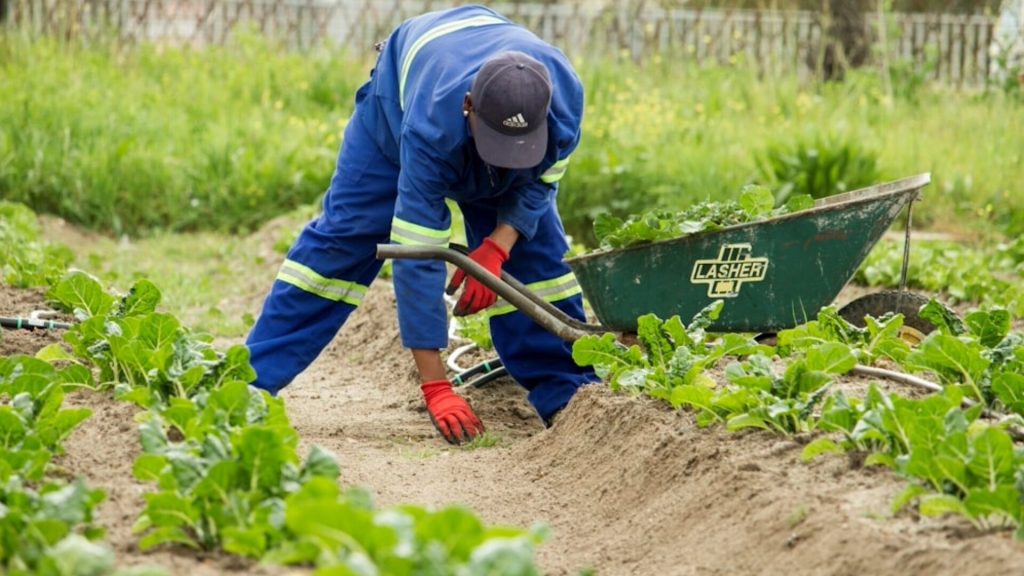
With rising global temperatures, heat will continue to pose serious risks to outdoor workers. However, heat-related deaths and illnesses are preventable.
What Can Workers Do to Protect Themselves?
Outdoor workers in Florida are now largely on their own when protecting themselves from extreme heat and humidity. Without enforceable standards in place, employees are responsible for advocating for their own well-being.

There are several precautions workers can take to reduce heat-related health risks. Staying hydrated is critical – drinking plenty of water and electrolyte drinks before, during, and after shifts can help prevent dehydration and heat exhaustion.
There Are No Standards, But It Humane
Federal laws require employers to provide safe workplaces, but no nationwide heat standards currently protect outdoor workers. A few states and local governments have passed their heat safety laws, but lawmakers recently banned cities and counties from enacting such protections in Florida.
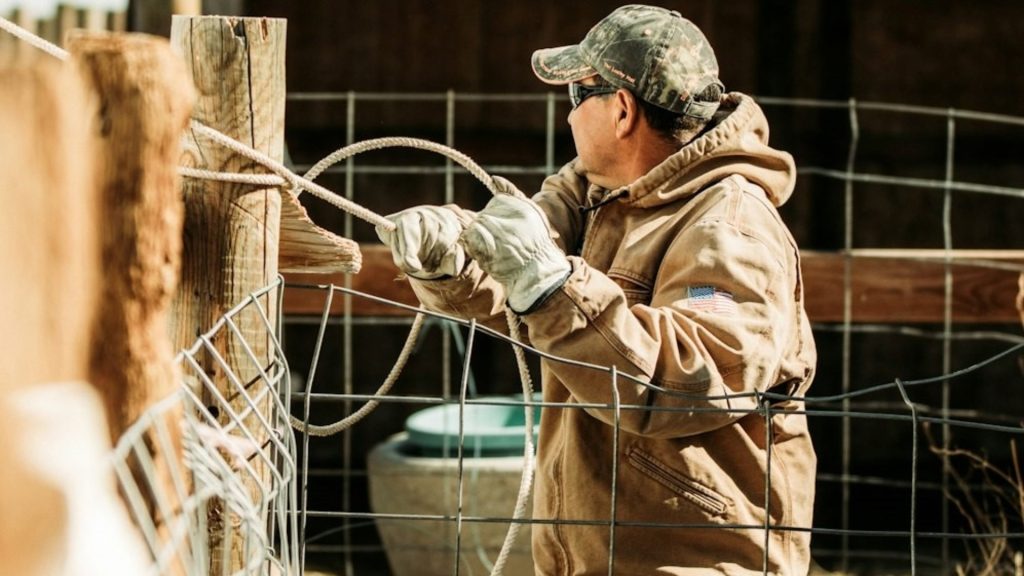
Employees will remain reliant on the goodwill of employers and the threat of OSHA penalties in the case of heat-related injuries, accidents, or deaths.
Outlook for Future Protections
With summer temperatures in Florida only getting hotter, this new bill puts the health of outdoor workers at serious risk.

Taking away local government’s ability to mandate water, shade, and rest breaks is a major step backwards when it comes to caring for the well-being of people laboring outside in the sweltering heat.

